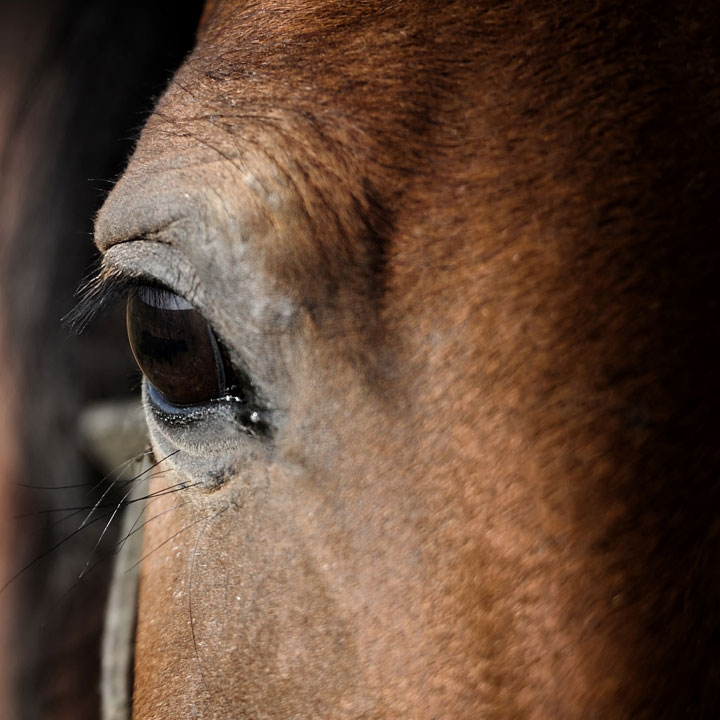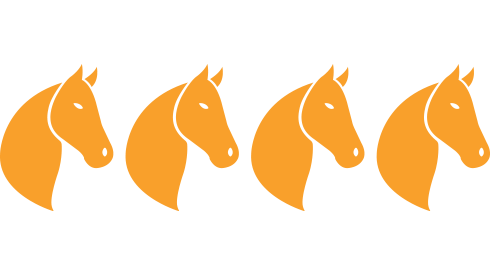Treat Accordingly
Although there are many brands of wormer, there are only 5 active ingredients – fenbendazole, ivermectin, moxidectin, praziquantel and pyrantel – and which to use will depend on which worm(s) need to be treated, previous treatment history of the horse(s), and whether resistance is present on your premises.
It is also crucial to always worm in accordance with your horse’s weight, as under-dosing can lead to resistance in surviving worms, while over-dosing provides no added benefit.
Pasture management will help to manage your horse’s worm burden, and reduce the number of worm treatments you need to give1.
- Remove faeces from pasture (‘poo-pick’) at least twice weekly.
- Avoid spreading horse manure on pasture grazed by horses.
- Avoid overstocking and overgrazing.
- Rotate grazing with sheep or cattle and/or rest pastures regularly.
- Thoroughly clean stables regularly especially when they contain foals and weanlings.





